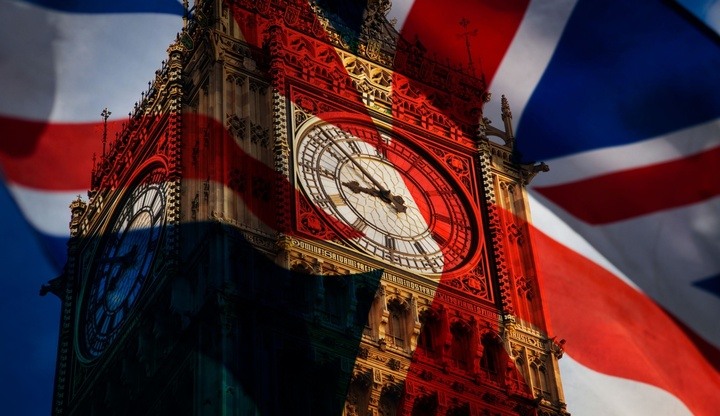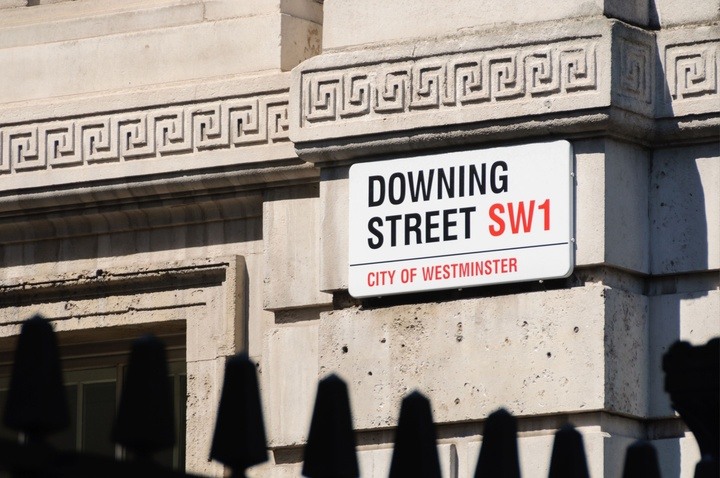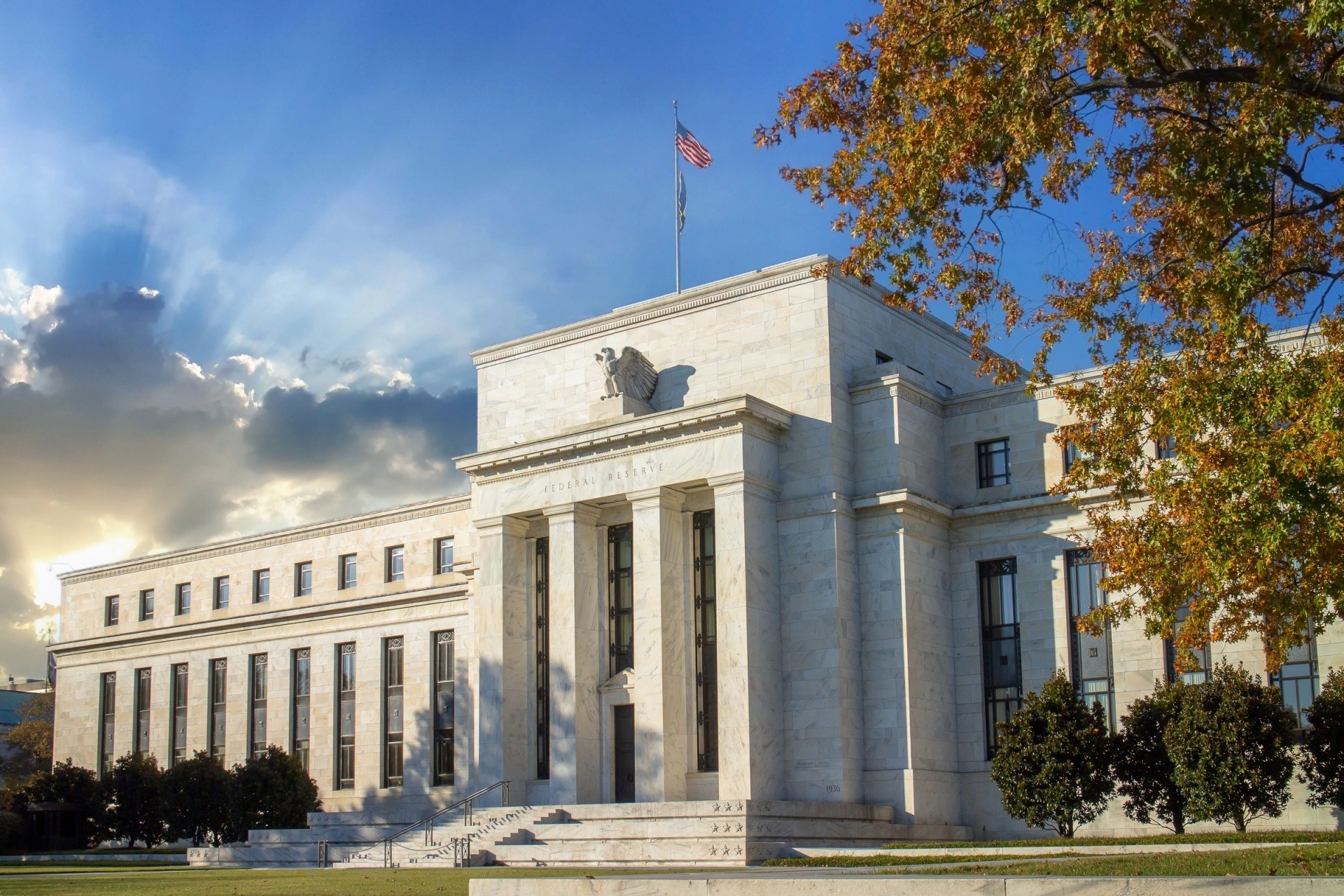Weekly Briefing: Election Sparks Uncertainty In Property Market, China Pioneers New Financial System & Election Tax Policy Promises
In this week’s briefing, we discuss the impact of the upcoming general election on the UK property market, tax-related election promises from current Prime Minister Rishi Sunak and the Labour Party, and more.
UK Property
Election Sparks Uncertainty in the UK Property Market
- The announcement of a general election by Prime Minister Rishi Sunak has led to revised short-term house price forecasts for prime central London, with Knight Frank now predicting a 1% decline in prices this year, reversing their January forecast of a 1% increase.
- Reforms to non-dom rules and Labour’s tougher proposals have caused market hesitation, impacting investor confidence and market dynamics.
- Inflation data has reduced the likelihood of a rate cut in June, which has affected swap rates and mortgage lenders' expectations, adding another layer of complexity to market forecasts.
- Despite supply normalisation, rental growth forecasts for prime London have been lowered due to ongoing housing shortages – a critical issue.
- The long-term outlook, however, remains optimistic, with cumulative growth in prime central London expected to reach 16.4% over the next five years, suggesting resilience in the market.
UK Tax Policy
Sunak Pledges Tax Cuts for Pensioners
- Prime Minister Rishi Sunak has pledged to cut taxes for pensioners, increasing the tax-free allowance by at least 2.5%.
- This proposal aims to provide financial relief, with pensioners expected to save around £100 in 2025 and approximately £275 annually from 2030.
- The opposition Labour Party criticised the pledge as a desperate move, with Shadow Chancellor Rachel Reeves stating, "The Conservatives have run our economy into the ground, and now they're trying to win votes with empty promises."
- Sunak defended the action, calling it a testament to the Conservatives' commitment to ensuring pensioners' security in retirement, emphasising their dedication to supporting the elderly population.
- Polls indicate the Conservatives lag behind Labour by about 20 percentage points, facing potential historic election losses. This electoral landscape adds pressure on the Conservative Party to appeal to pensioners, a key voter demographic.
Labour's Tax Policy Promises
- Shadow Chancellor Rachel Reeves promised no additional tax rises beyond current plans if Labour wins the election, aiming to reassure voters concerned about potential tax hikes.
- Labour plans to recruit additional teachers, provide extra NHS appointments, and increase police numbers, all fully funded through specific measures. "Our plans are fully costed and fully funded," Reeves emphasised.
- However, the Institute of Fiscal Studies warned that future tax rises or spending cuts might be necessary regardless of the election outcomes, highlighting the challenges of balancing fiscal policy with public service commitments.
- Labour aims to fund its promises through a windfall tax on oil and gas profits and by tackling tax avoidance, focusing on ensuring that corporations and the wealthy pay their fair share.
- Both major parties have committed to maintaining the triple-lock guarantee on pensions, ensuring that state pensions increase each year by the highest of inflation, wage growth, or 2.5%.
Global Economy
China to Pioneer New Global Financial System
- China is poised to lead the development of a new financial and monetary system, moving away from the Bretton Woods system established post-World War II.
- This new system will be based on a diversified set of currencies and be more inclusive of emerging market economies.
- Concerns over the US's weaponisation of the dollar have fueled calls for a less dollar-centric system. "The world is looking for a fairer and more stable financial order," said a senior Chinese official.
- The yuan's share in international payments is growing, with expectations of it becoming a substitute for the US dollar in the long term, signifying a shift in global economic power.
- China and other Asian economies are considering creating an Asian bas
ket for central banks' digital currencies, which could reduce dependency on the US dollar.
A Final Note
As we wrap up this week's briefing, it's clear that the UK economy is facing uncertainty due to the upcoming election, with implications for the property market and tax policies.
Meanwhile, China's steps in reshaping the global financial system underscore a significant shift in world economic dynamics.
At GCV, we remain committed to providing the latest insights into the investment and wider economic landscape in order to support investors in making well-informed decisions when choosing where to allocate their capital.
If you would like to find out more about a number of tax-efficient investment strategies available to UK investors, discover our range of downloadable resources here.
%20(3)%20(2).jpg)








